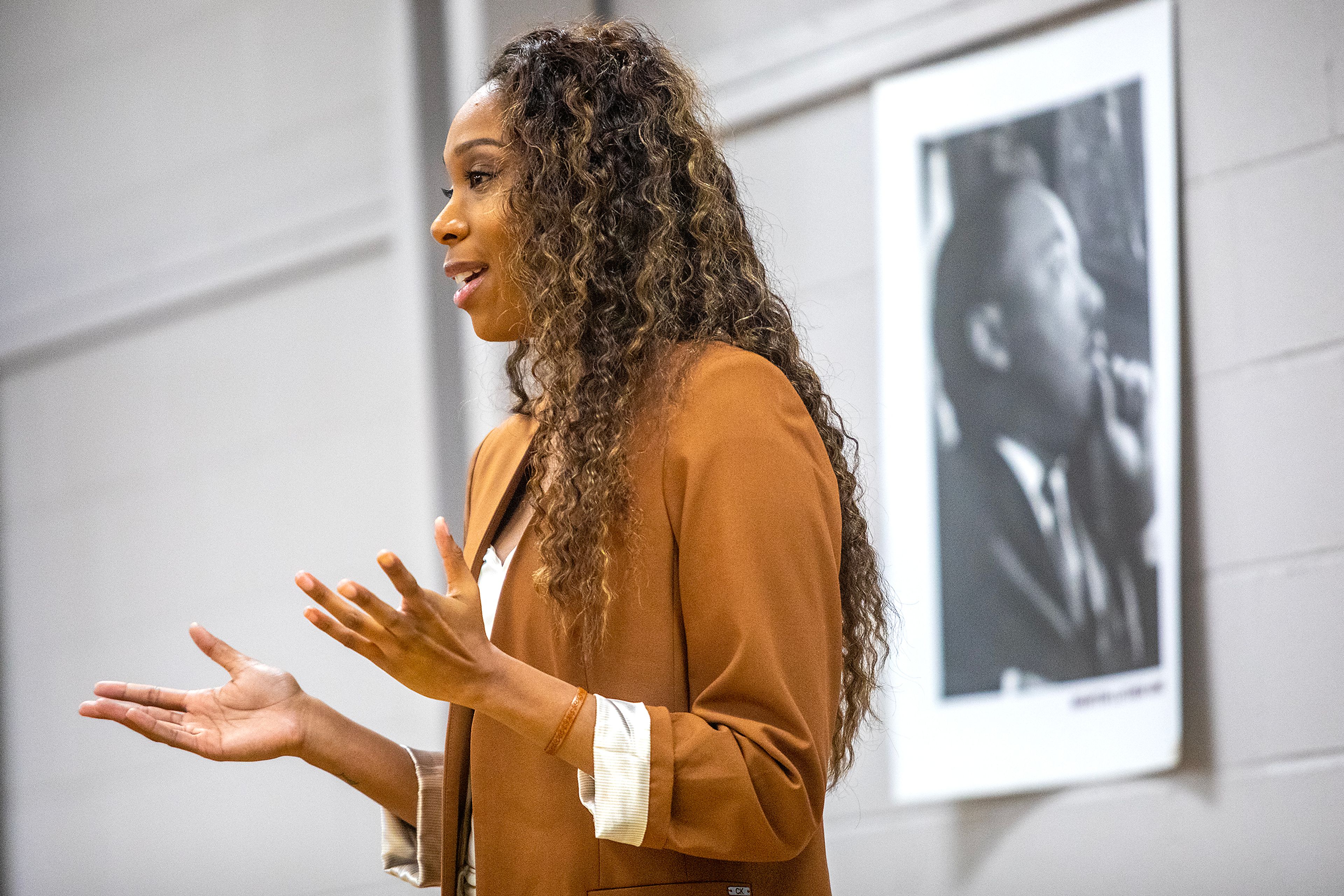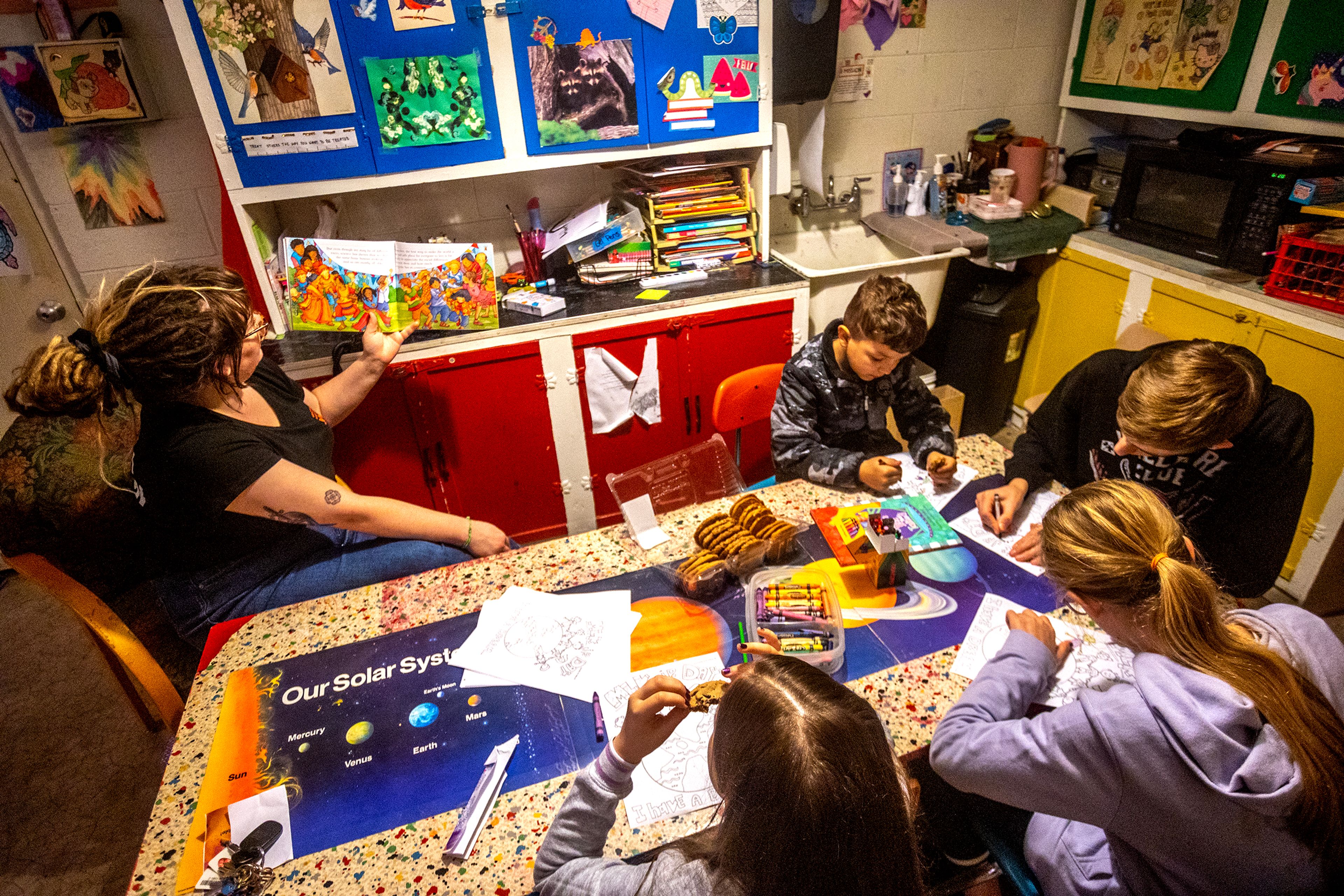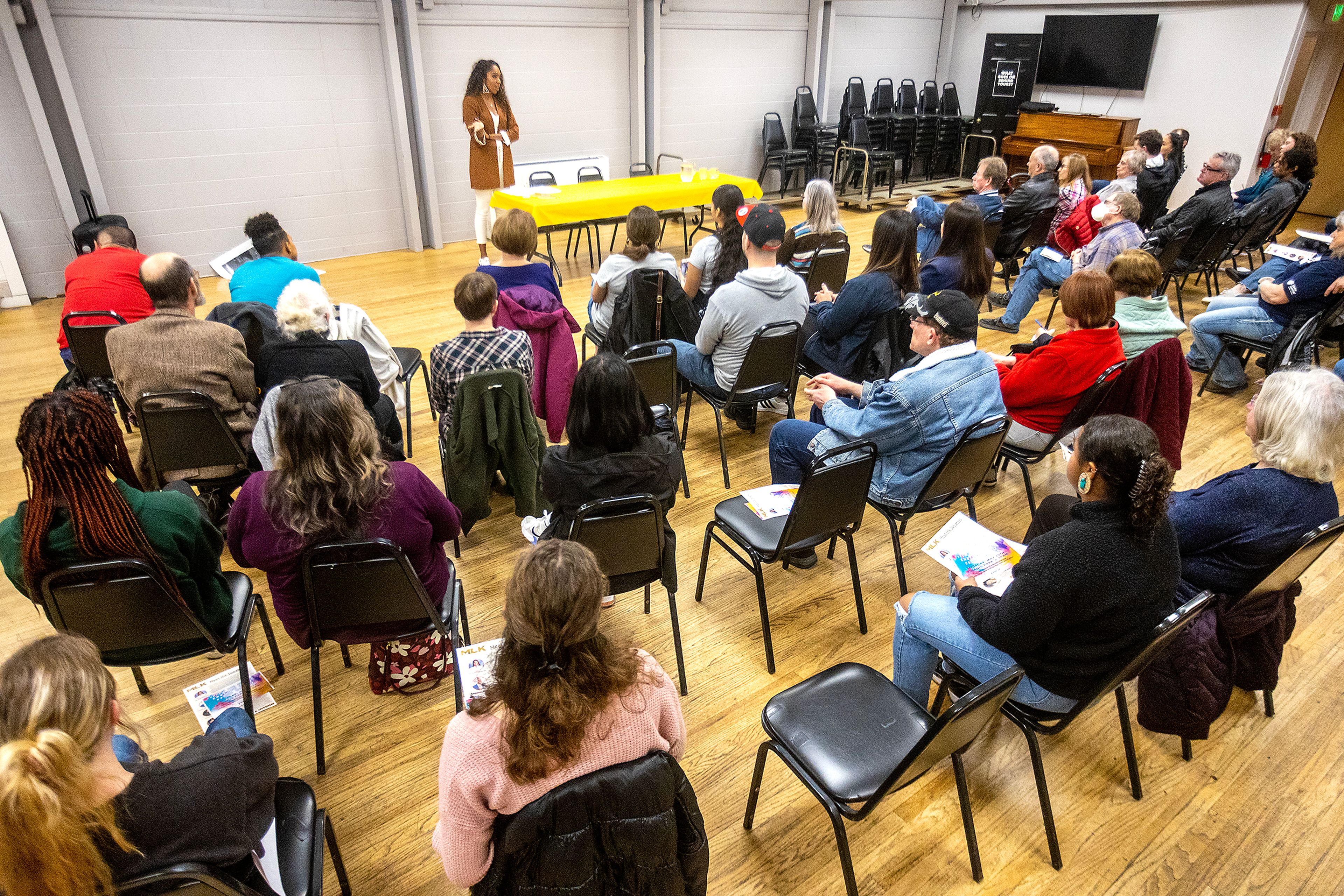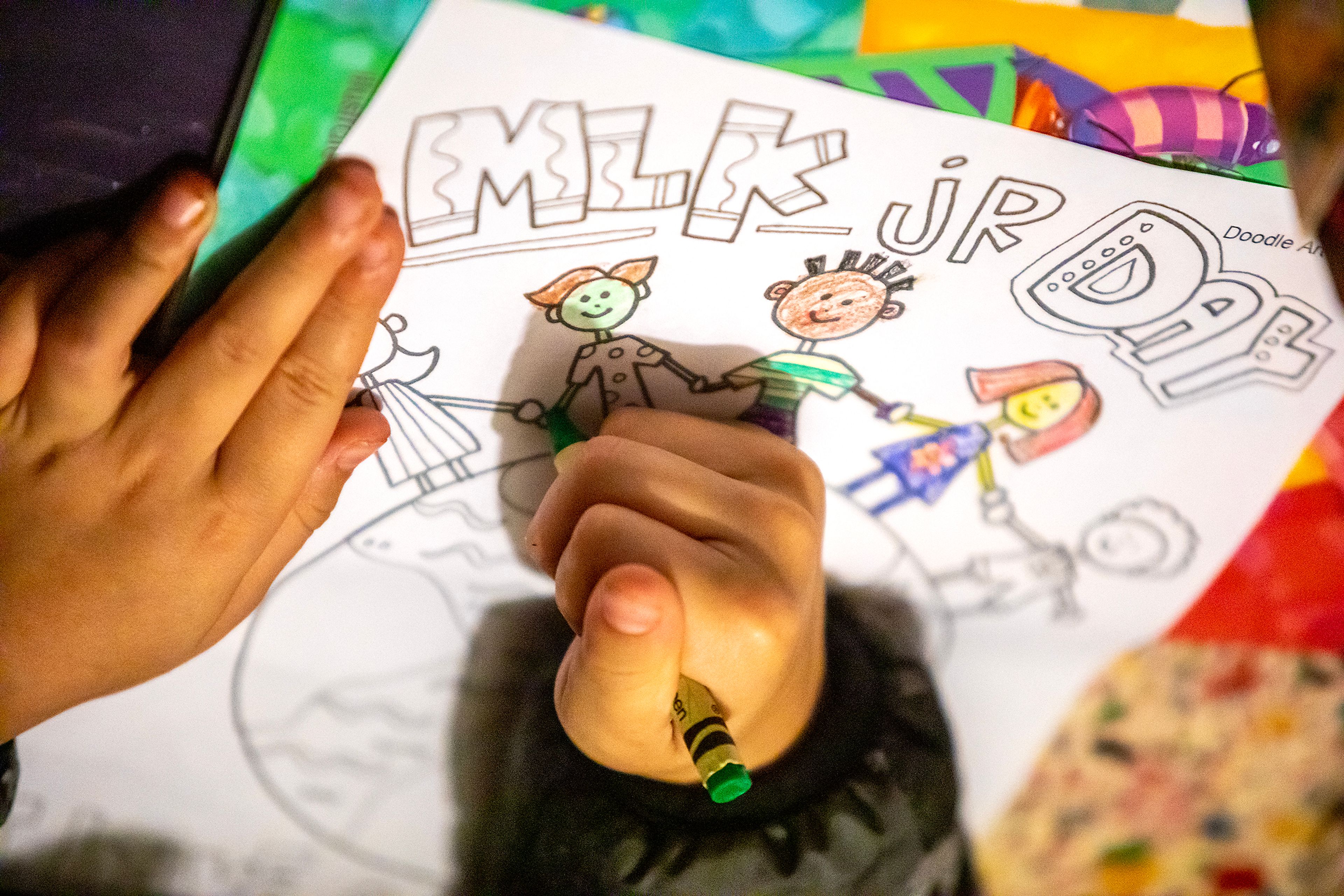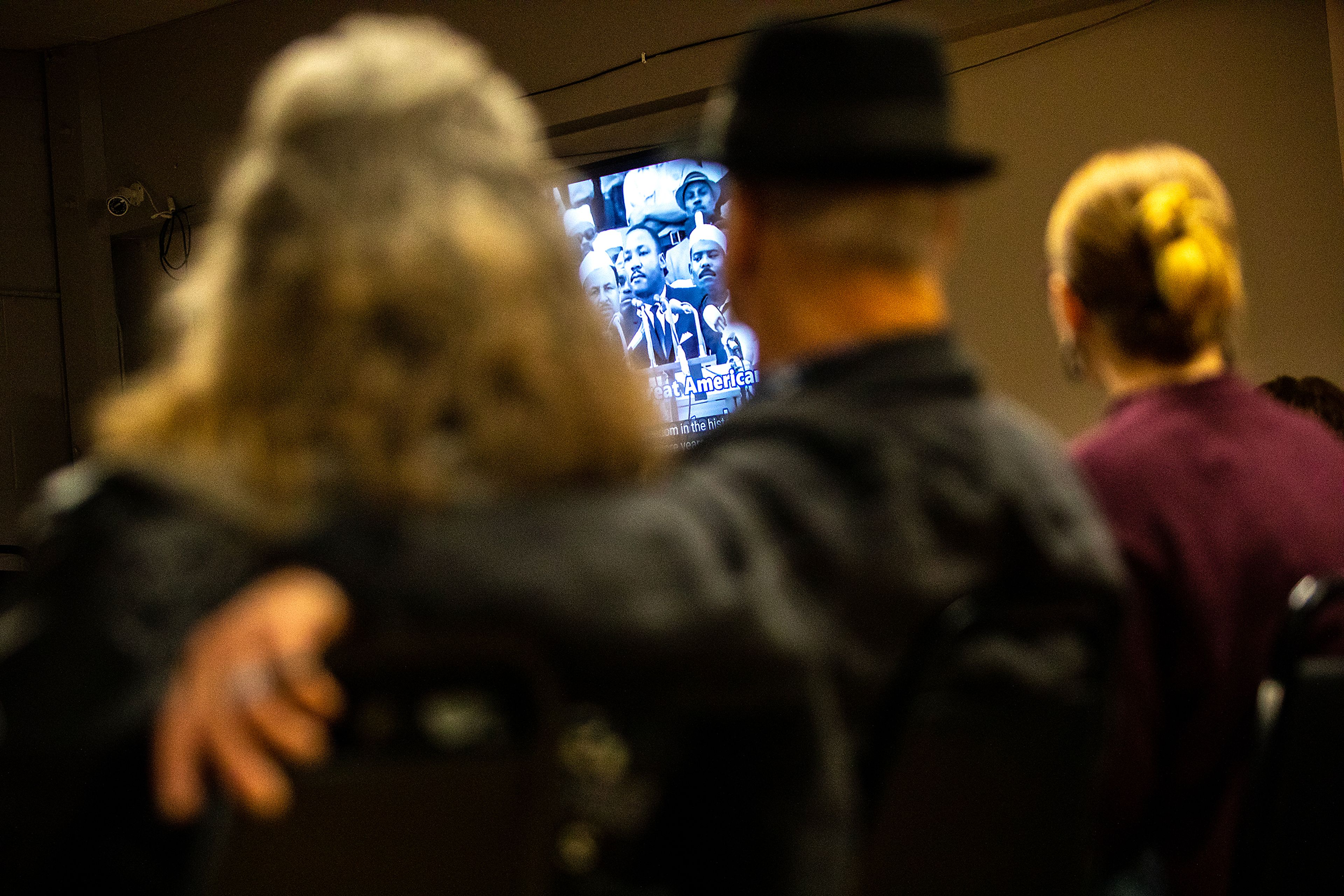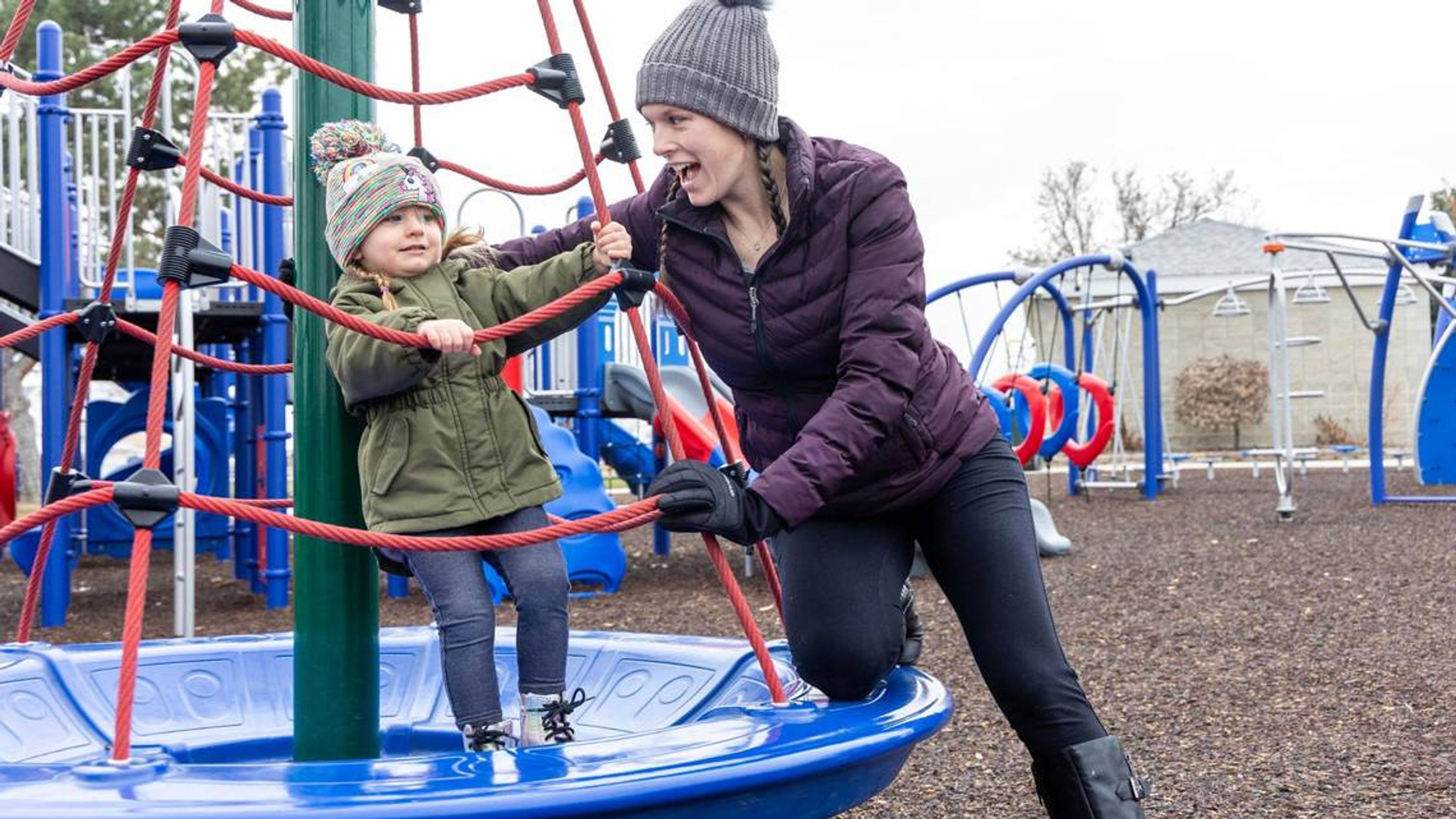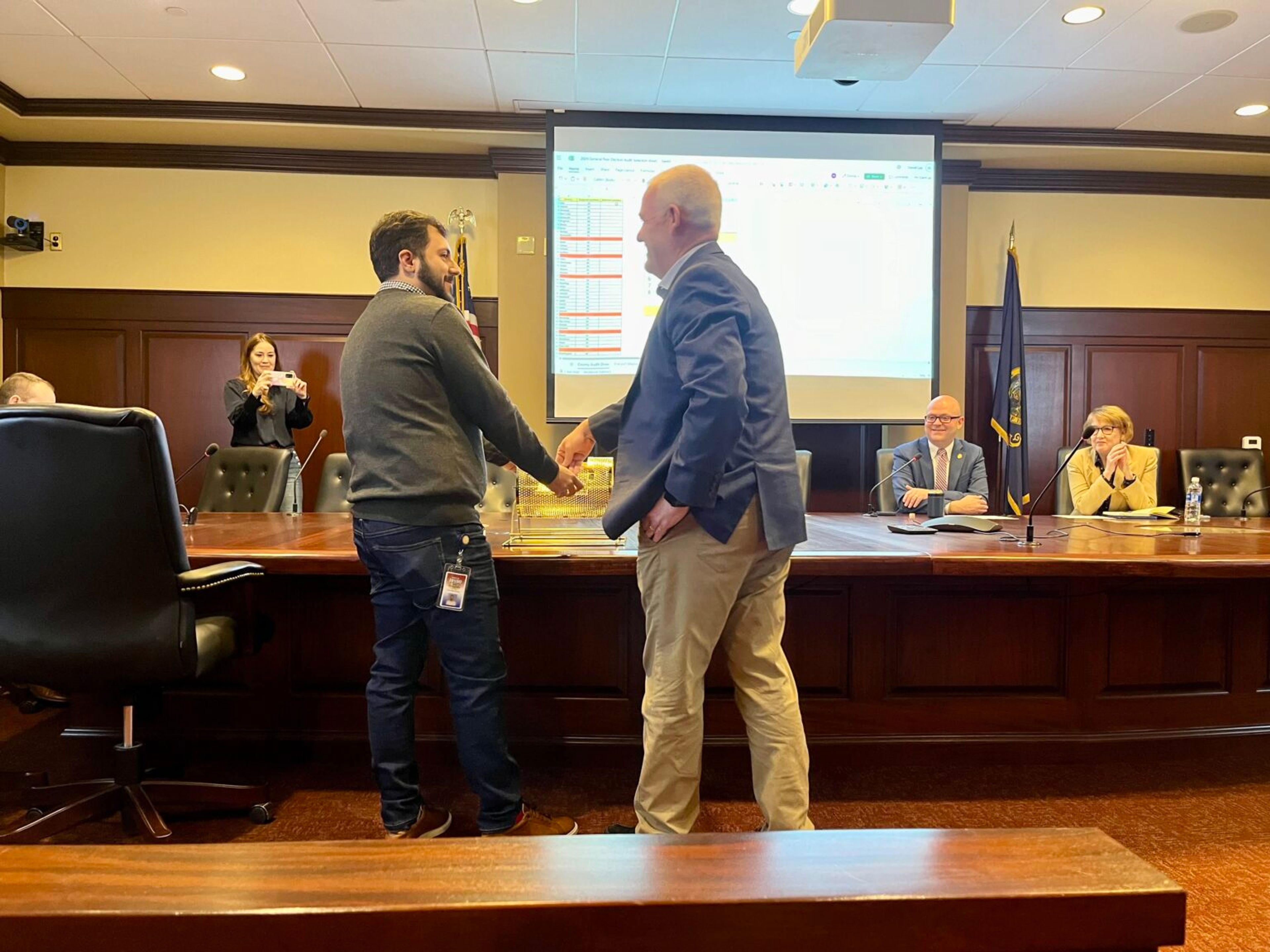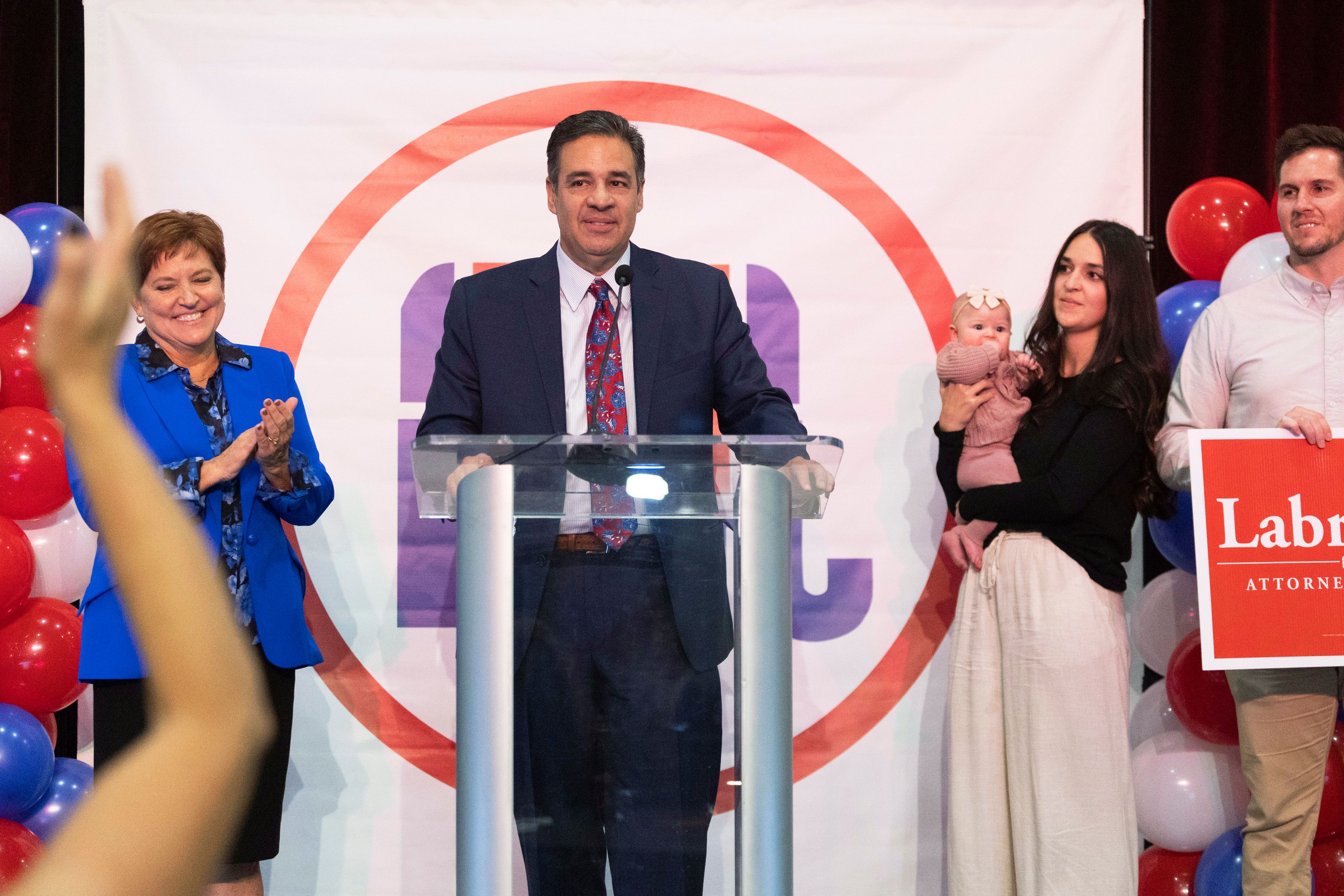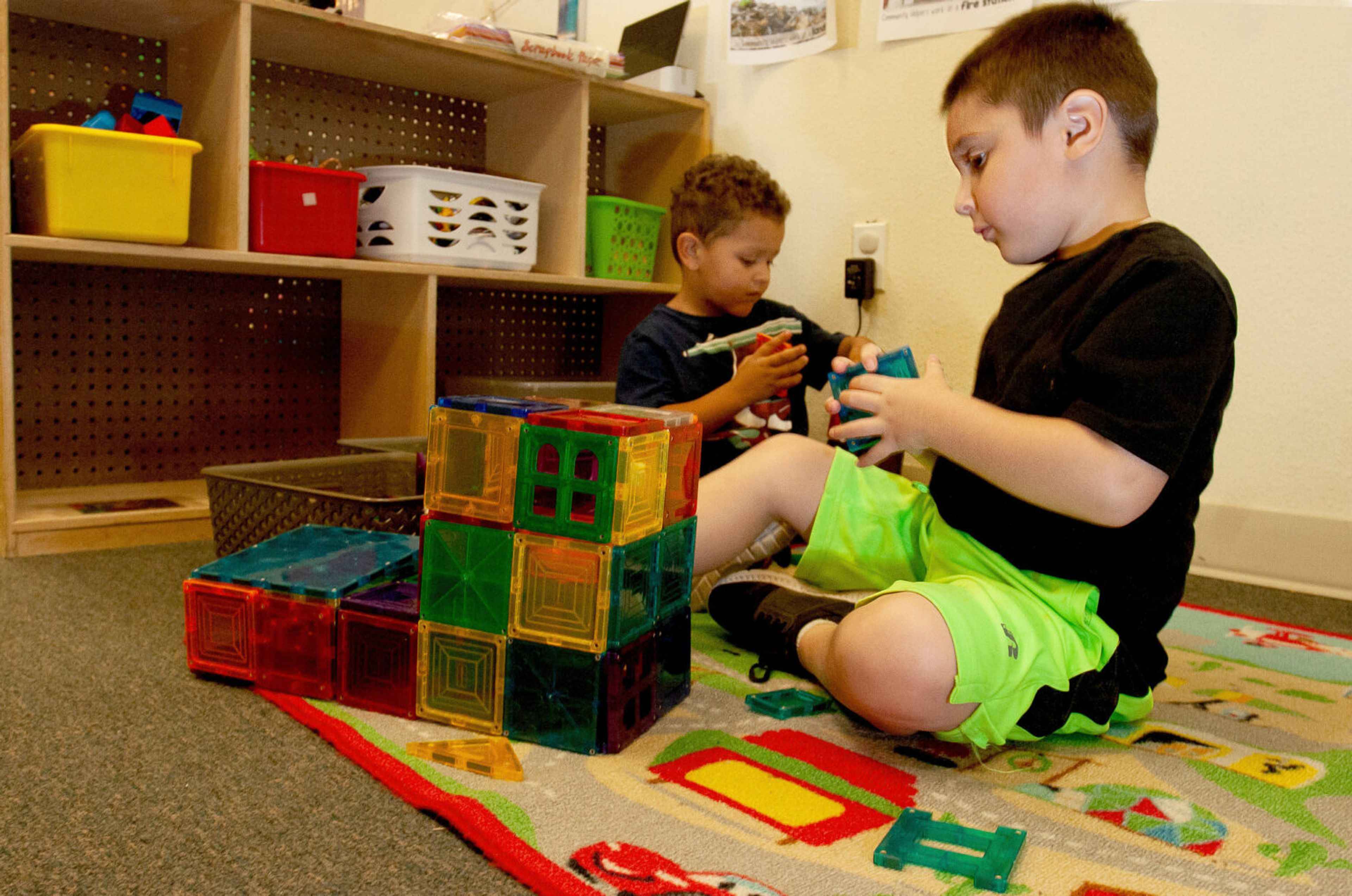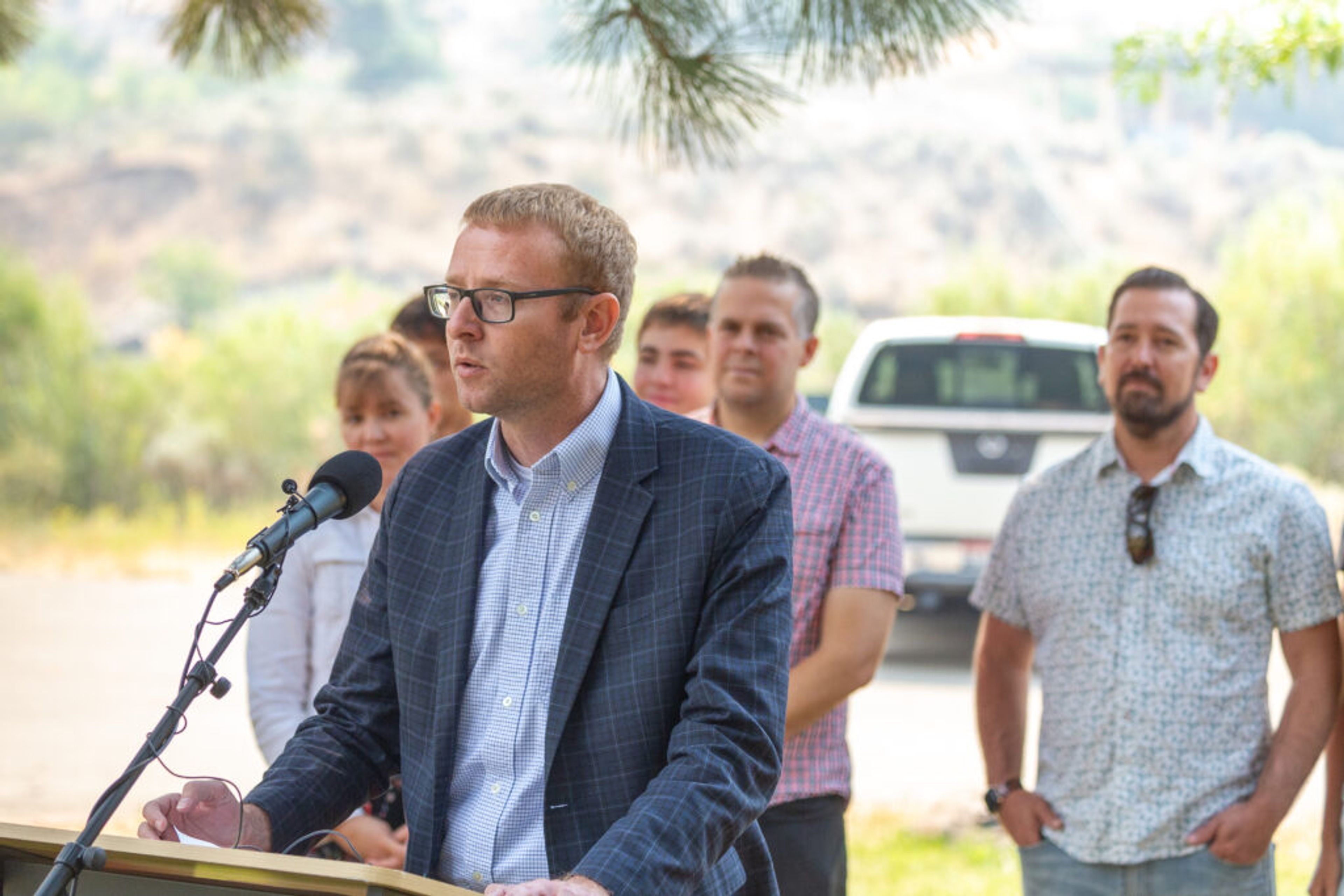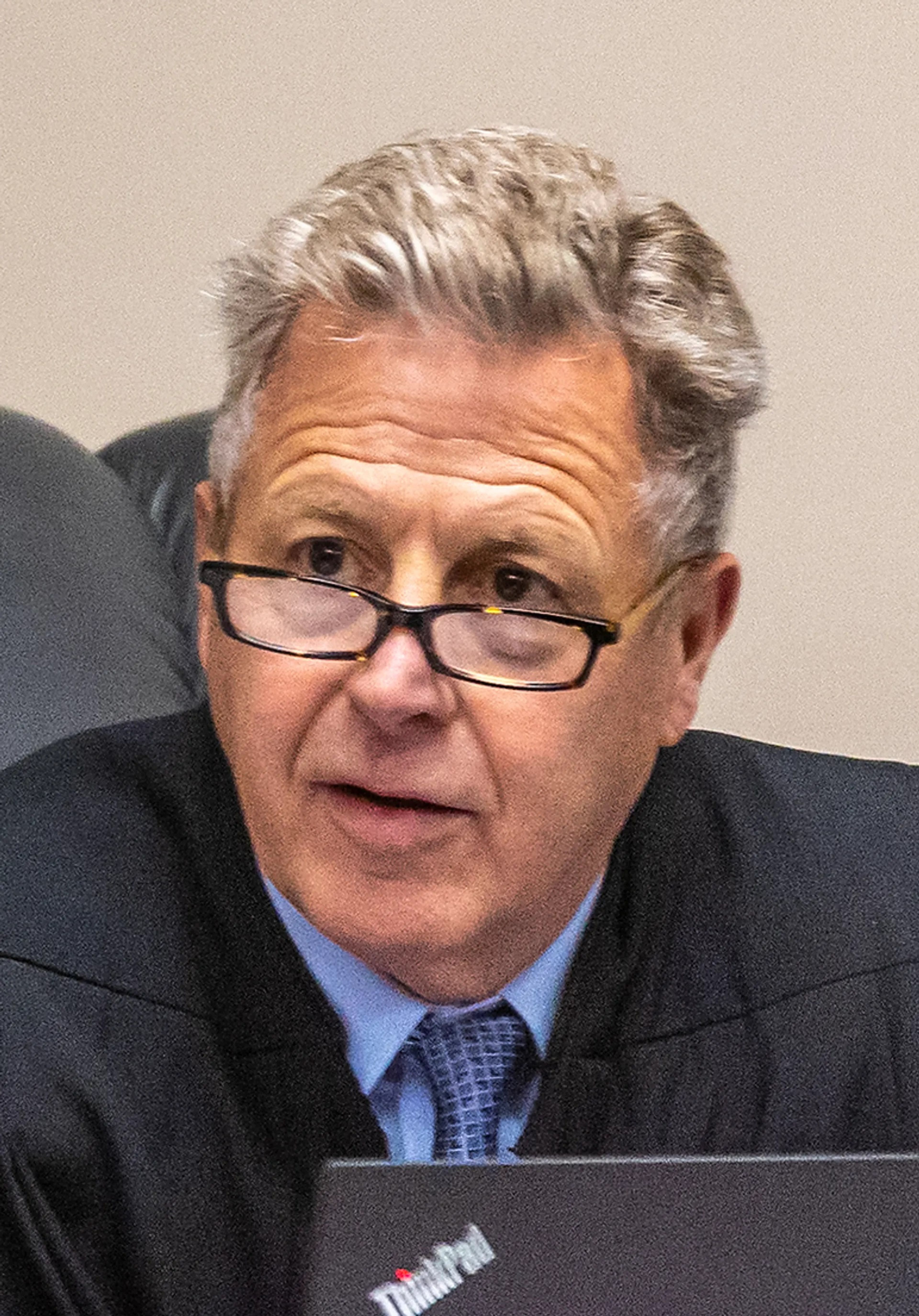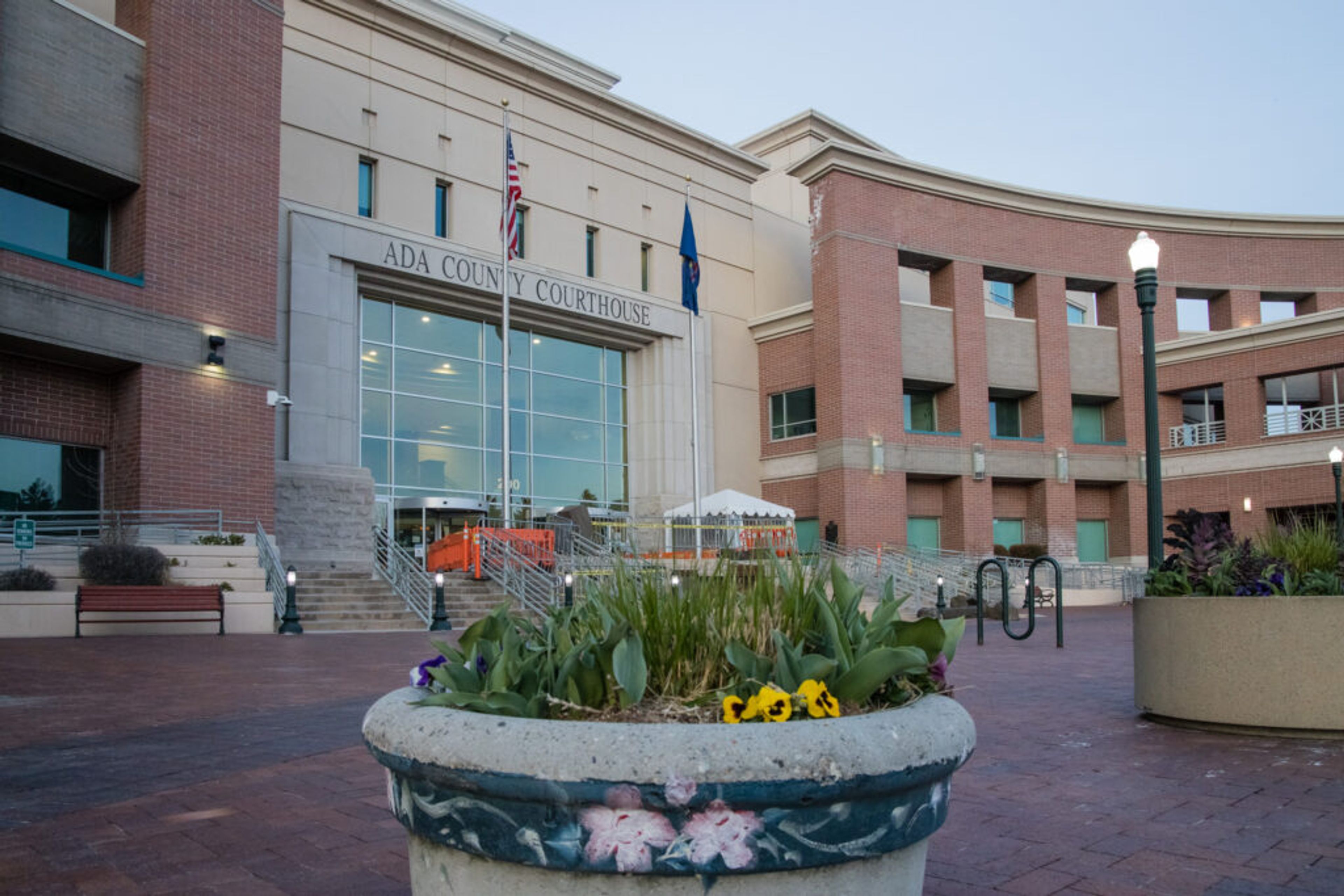‘I challenge each of you to show up’
Speakers discuss racism in Lewiston- Clarkston Valley
This story has been updated from its original version to correct a misspelled name.
Mikailah Thompson remembers being called the N-word when she moved here as a youngster.
Daniel Spaulding said his first encounter with racism occurred at a sporting event in a nearby small town. In addition to hearing racial slurs, the Lapwai players’ bus was pelted with rocks, and people yelled, “Go back to the Rez,” he recalled.
Tommy Miles-Williams said growing up biracial in this area was “exhausting.” As a kid, he just wanted to fit in, but quickly realized he stuck out, even at tribal powwows.
All three are members of the Nimiipuu Nation. They spoke to about 50 people Monday at a Martin Luther King Jr. event held at the YWCA in Lewiston. Joining them on the panel was Sarah Graham, an associate professor of music at Lewis-Clark State College in Lewiston.
Thompson, who is Black and native, said biracial kids who grow up in areas that don’t have a lot of people of color “feel like there’s a microscope on us at all times.”
Miles-Williams, who was raised in Lapwai, said giving back to the community is important to Nez Perce tribal members, but he often felt like his only value was playing basketball and football. He now works as a retention specialist for the Washington State University Native Programs in Pullman.
In the Lewisotn-Clarkston valley, some people had never seen a Black person, and Miles-Williams said he felt a responsibility to set a good example and not fall into any stereotypes when he was a kid. He remembers carefully planning what to wear when he visited Lewiston to watch LCSC games. “I dressed in my Sunday best.”
Spaulding, who was born and raised on the Nez Perce reservation, recalls visiting his white friends in Lewiston and a few of their parents saying, “You’re one of the good ones,” as if it were a compliment.
“I didn’t even know what that meant,” Spaulding said. “Sad to say, you get used to racism growing up in this area.”
Another common occurrence for people of color is being closely monitored by police and store employees, Spaulding said.
As a teen, he recalled a Clarkston Walmart employee following him around the electronics section the entire time he was shopping.
After a county fair, a deputy in Nez Perce County made Spaulding and his friends get out of a car as they left the fairgrounds. The young teens had to perform a complete DUI test before they were allowed to go home.
“I think we just got profiled,” Spaulding remembers telling his friends at the time.
Natives who grow up on reservations share similar stories of how they are sometimes treated in “border towns,” said Spaulding, who works in radio broadcasting and production.
He and the other panelists are hoping to change that by breaking down barriers and creating more positive opportunities for future generations.
Thompson, who now lives in Virginia, encouraged audience members to engage in their community, ask questions, develop a better understanding of history and change the narrative.
“To not have an opinion is an opinion,” Thompson said in her keynote address. “To not speak up is an opinion.”
It’s easy to get angry, but it takes a different kind of strength to speak out without shifting the blame or pointing any fingers, she said. “I’m putting my energy into my people. I’m choosing to lead by example.”
Small things, such as seeing Black women represented in advertisements, make people of color feel more accepted, Thompson said.
“When I saw a big picture of Tabitha Brown in the window of the Ulta in Lewiston, it felt good. It felt good to see someone who looked like me.”
Thompson encouraged people to support Native-owned businesses, attend multicultural events and get to know the neighboring community.
“I challenge each of you to show up,” she said.
Sandaine can be reached at kerris@lmtribune.com.
